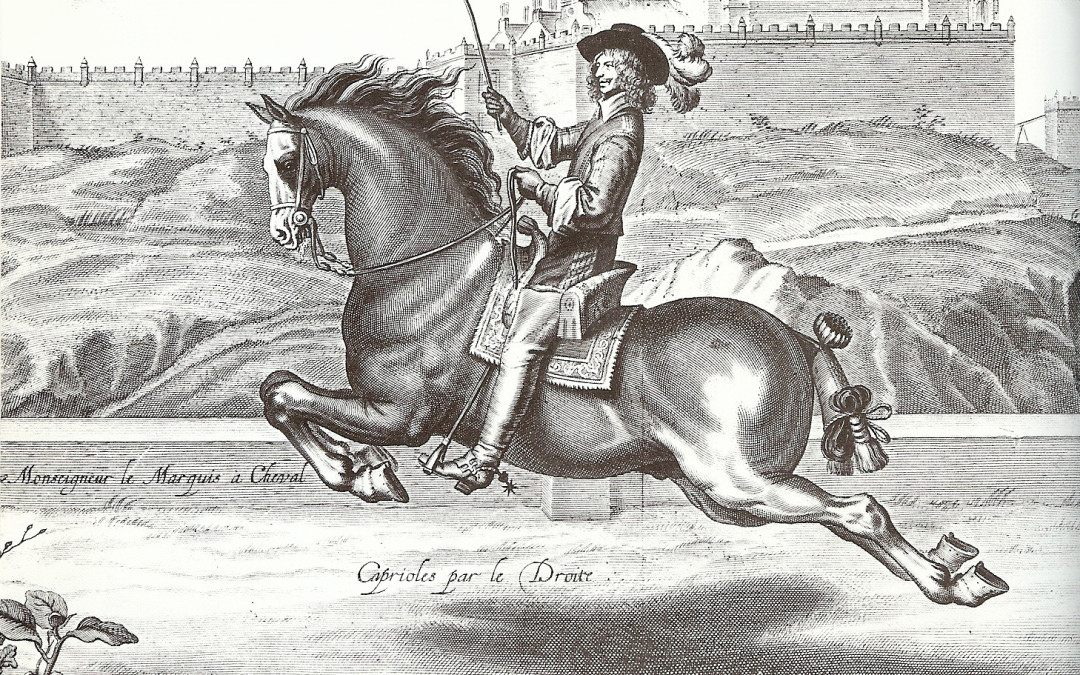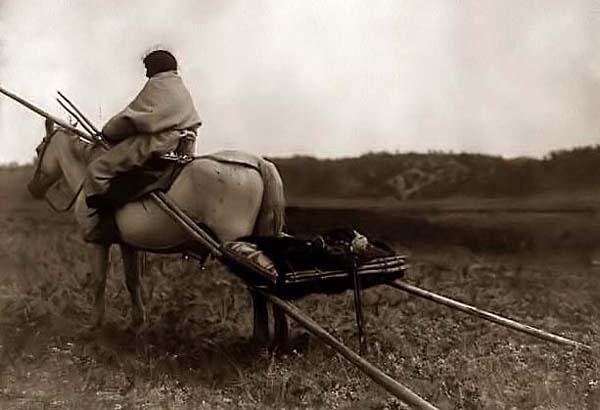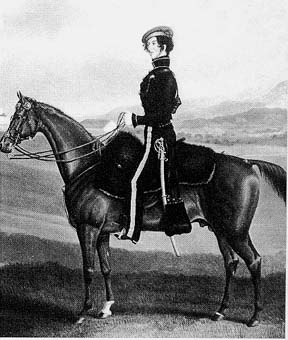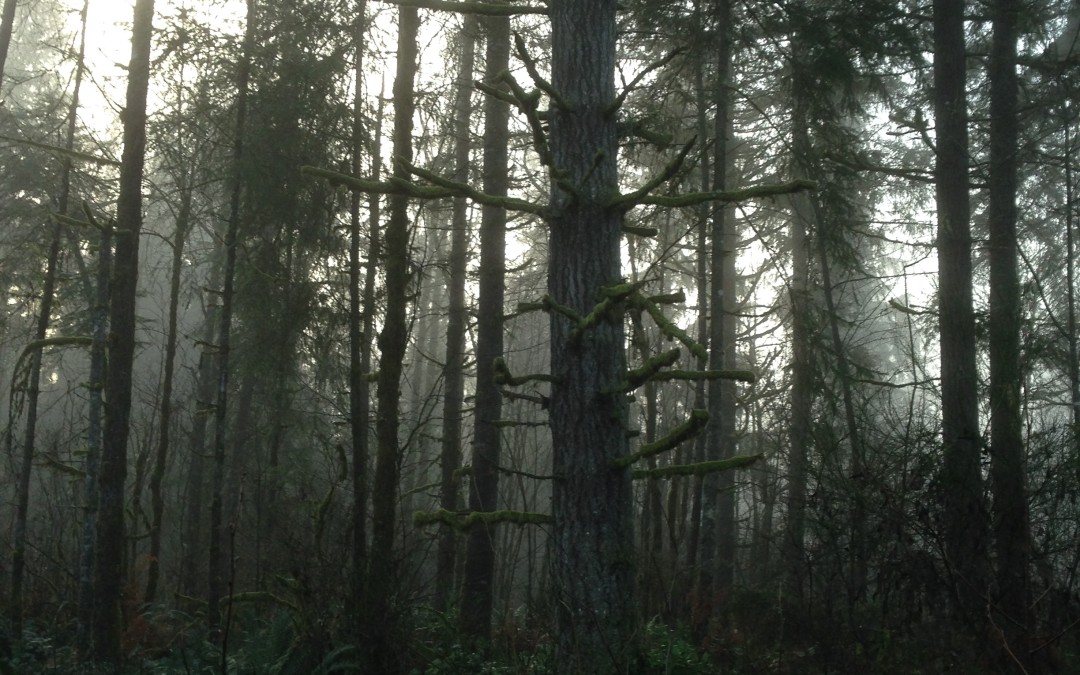
by Craig Stevens | Apr 23, 2015 | Craig Stevens' Blog
What is important in this work we do with the horse is to stick to the preliminaries. We hear all the time about the basic and how they are important, but preliminaries are what happen before the basics. The basics are a cliché. I doubt that there is a trainer/instructor on the planet that would argue against the importance of basics. It is one of the few things that every dressage trainer would agree. The problem, like almost everything with dressage, is that the definition of the basics remains undefined. Not completely of course, but pretty much, one generality is replaced by another and then another and so on until somewhere along the chains of clichés the thoughtful student realizes that what is the “basics” real definition is simply just a reflection of the degree of confusion which exists in an industry built on fear, double talk, aggressive control and useless complexities. What then are the preliminaries? Are they just a marketing ploy and a door for more confusion? What are we talking about as preliminary to what? There are two levels of preliminaries; physical and psychological. The psychological starts first and leads to the physical, but both are invisible. Preliminaries arise from stillness and could be termed, first, feeling, thought and then finally first touch and or the passing to non-touch. We pass in the preliminaries from the subject universe to an objective one and in that objective universe we find/invent the basics. It is the preliminary experience which discovered/invented the aids and so when we fail to grasp the cosmic silence of the first encounter with the...

by Craig Stevens | Apr 22, 2015 | Craig Stevens' Blog
What is wrong with my dressage? Here is the question. We study and practice, practice and study and yet despite approval of others or a momentary sense of satisfaction, the question remains, “what is wrong with my dressage?” Of course, some simply feel the question, not enough to give birth to the words but enough to be bothered by a feeling of emptiness after self-praise or the praise of other subsides. “What is wrong with my dressage?” In complete denial of the question, with an eye deliberately looking the other way, we feed money into our horse “habit” by new clothes and bits, perhaps a new saddle or some gadget which is all the current rage. We take lessons from all of the right people who assure us as they cash our check that the question will go away if you just work a little longer and a little harder or take that extra lesson. We put our horses in training, ransomed by the best, we try and not ask the question, “what is wrong with my dressage?” but instead, we direct our anger and frustration toward those people who would ask the question. Of course, we know they are the “woo-woo” type. How dare they imply that we are not kind to our horses or worse that our dressage is not correct! So, we hide from the question or wonder in private while vehemently asserting our correctness (as if the intensity of our outrage would put the question to rest) “What is wrong with our dressage?” This is the problem of modern dressage. Our passion for a method,...

by Craig Stevens | Apr 21, 2015 | Craig Stevens' Blog
I have been writing about dressage almost every day for the past five or six years. I started with quotes from the old masters. Ninety nine percent of the time they came from my translations from the original French. I chose expert after expert in a sea of old masters to make points about the nature of dressage while avoiding stating my own views. I hid behind the famous, it could be said. At some point, a few years ago, I started stating my own views. It was not a shift in my perspective but instead, I decided that using either the old masters or my personal perspective did not matter. I could be my own authority. I did not need the foils of the dead or near dead. In person, through the course of my teaching, I rarely quoted because the horse was always present to validate my words but in cyberspace, the loudest voice of the collective bully would rule the day, but when I invoked the sacred names of the masters, especially those who were dead and gone, I was generally graced with a silence granted by the complete ignorance of the masses and so I hid. I have researched dressage in the course of my life as a sort of compulsion which arose from the constant daily practice and my dissatisfaction with the results of my practice. I know of no one who has done as much research as I have (though I hope this is a result of my personal ignorance of who is out there. I hope there are others who have done...

by Craig Stevens | Apr 20, 2015 | Craig Stevens' Blog
The point of talking about mind and dressage is that the more we understand about how our mind and the horse’s mind works, the more the mind can work. As we become more sensitive to the mental and emotional currents in both ourselves and the horse the more the mind is functional. A state of sanity arises based on calm and gentleness and a state of “workableness” sustained by kindness appears. What this means that we can train the mind to work in order to use it to do something remarkable. A simple unified state begins to occur between the horse and human and so we can speak of the mind and the body, removing the separation between horse and human. This state of harmony generates a mutual compassion and love for the common work undertaken together. This is a fantasy dreamed about in dressage circles and endlessly theorized. Many people also pretend to have it but all too frequently what occurs is a parody of the real thing. The real deal is very still and runs really deep, but perhaps a better way to present this is to say that whatever the connection you may have, it can be deeper and that is the promise of noble dressage. What is most peculiar is it is not through gymnastics or particular movements but actually it arises from stillness and then imperceptible circulation of subtle energies. In eastern thought, these currents are called chi or prana and in the western esoteric tradition the term etheric energy is used but whether you name these forces or not, the ability to tap...

by Craig Stevens | Apr 16, 2015 | Craig Stevens' Blog
To really find genuine dressage means a responsibility to help the horse. Our ideas about the horse can only create chaos if we try to impose them on the horse and so the first rule of good dressage is to listen. Many people have theories about what the horse needs. The history of dressage is a record of these theories. Some people think that the horse needs a governing by strict rules of right and wrong; some people think that the horse needs equality; some people think that technology will liberate the horse; some people think that technology destroy the horse. The teachings in classical equitation are not based on converting the world to another theory. The premise of the vision cultivated in good dressage is that, in order to establish an enlightened relationship with the horse, we need to discover what inherently we have to offer the horse. Even if we only have confusion, we offer it to the horse rather than impose it on the horse. So, to begin with, we should make an effort to examine our own experience, in order to see what it contains that is of value in helping ourselves and the horse to uplift their existence. We look into what is present and approach with a kind of reverence and gentle examination. Surrendering certain outcome and fear, we cautiously inquire with a mind that is both present and compassionate. Can such a dressage exist? Can we put aggression and prejudice aside? Certainly this is a special practice and the ground for a noble dressage. Who teaches this? While we may not know,...







Recent Comments